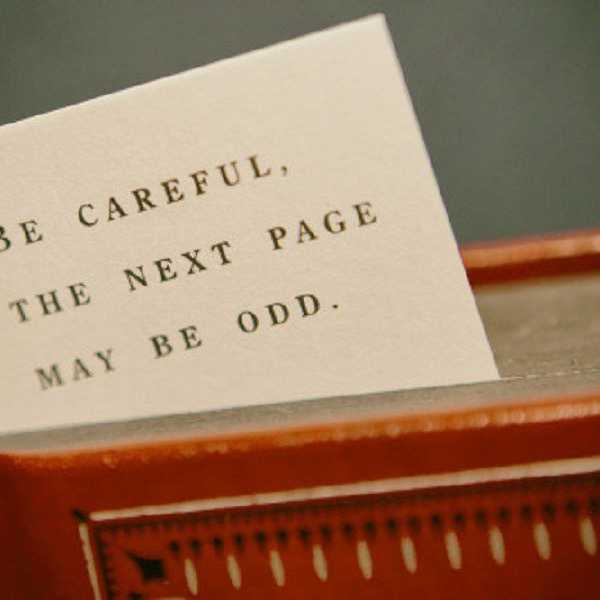As a fiction writer, one of the biggest and most exciting challenges I face is coming up with characters for my stories. It can be a grueling process sometimes, imagining new names and appearances and backgrounds and motivations for entire casts of people. Once you have your characters, you can take off and run with them in whatever direction you want. But you have to come up with a starting point first, and that can be as daunting as it is rewarding.
As difficult as it can be at times, I love making characters. They're the heart and soul of any story, and bringing them to life is like being a proud parent watching your child grow up. Lately, though, I've found myself hitting the same stumbling block over and over again every time I try to create new characters for my work-in-progress novel. It's an obstacle that I imagine many writers can relate to, and it boils down to one loaded word: representation.
If you're someone who enjoys reading books, or watching movies and television shows, or playing video games, you're probably well-versed in the importance of representation. The U.S. entertainment industry is notorious for lacking diversity, and even though some media creators are making steps in the right direction, the majority of characters are still framed in the same stale image-- white, straight, and cisgender. Even if some popular characters break out of the usual mold, they still tend to follow the rest of the pattern-- there may be a white lesbian in a TV show, for example, or an Asian American man (who is still straight and cisgender). It's a persistent problem in our media, one that the creative community is slowly trying to eradicate.
This issue is constantly on my mind every time I try to develop my own characters. Even though I clearly cannot represent all groups of people from first-hand experience, I still consider it my duty as a writer to make my stories as diverse as possible. I want to produce fiction that gives everyone a character that they can identify with, whether it be through ethnicity, sexual orientation, gender, physical dis/ability, personality, or any other characteristic that makes us diverse as human beings. I want to try to represent the world as it actually is instead of as a cookie-cutter Hollywood version where everyone is the same.
And this is where I hit my character road block. In my quest to make my stories diverse, I find myself constantly worrying that, instead of doing justice to multiple groups of people, I'm falling into the trap of what I've heard other writers call the "diversity checklist." Essentially, this approach to writing treats character traits like they're a to-do list that has to be filled out. One African American character, check. One Latinx character, check. One gay character, check. One disabled character, check. Doing this takes what could be serious, meaningful representation and turns it into nothing more than a pat on the back for the author who appears to write progressive, inclusive stories. A writer using a diversity checklist might start developing all their characters based on whatever diverse trait they want to include, rather than seeing their characters as if they were real people.The real world is not simple, and a fictional one shouldn't be either.
My greatest fear for my characters is that they come across like they belong on a checklist. For my unfinished novel, I have six main characters. Two of them are bisexual, one is gay, one is a lesbian, one is asexual, and one is straight. Only one of those characters is white; the rest are all from different ethnic backgrounds. One of them is nonbinary. Three of them have mental illnesses of varying degrees, and one has a physical disability. Looking at that lineup, I find myself sitting here and doubting the choices I've made for my cast. Am I going overboard with diversity? Are people going to look at my story and think I was just trying to fill a quota to make myself look better?
Odds are, some readers probably will think that. However, as I've been diving deeper into my story and learning who my characters are as people, I've decided that "going overboard with diversity" is silly to worry about. Considering how parched mainstream entertainment has always been for diverse characters, what's wrong with having an entire cast who can't fit any stereotypical character molds? My group of friends at my university is about as diverse as my group of main characters.
The most important way to tackle representation in a story, I think, is to treat your characters first and foremost as individual people. Every character wants something, has strong emotions, and lives their own unique life. Their ethnicity, sexual preference, gender-- all of those diverse aspects can be treated as secondary to who they are as a person. All of my six main characters started as ideas that evolved into personalities; I didn't sit down and say, "I want a nonbinary character" or "I want a character with depression." The representational aspects of my characters grew out of who they already were. I wanted to do justice by them, and to the different groups of people they represent now. My job as a writer isn't to fill a diversity quota-- it's to tell diverse stories.
So, fellow writers and creators out there: if you're worried about how people will receive your characters, or if you're throwing too many diverse backgrounds at them, don't be. There's no such thing as "too much diversity." We may all be human, but we're not all the same. It's about time fictional worlds start reflecting the diverse stories of our reality.





















